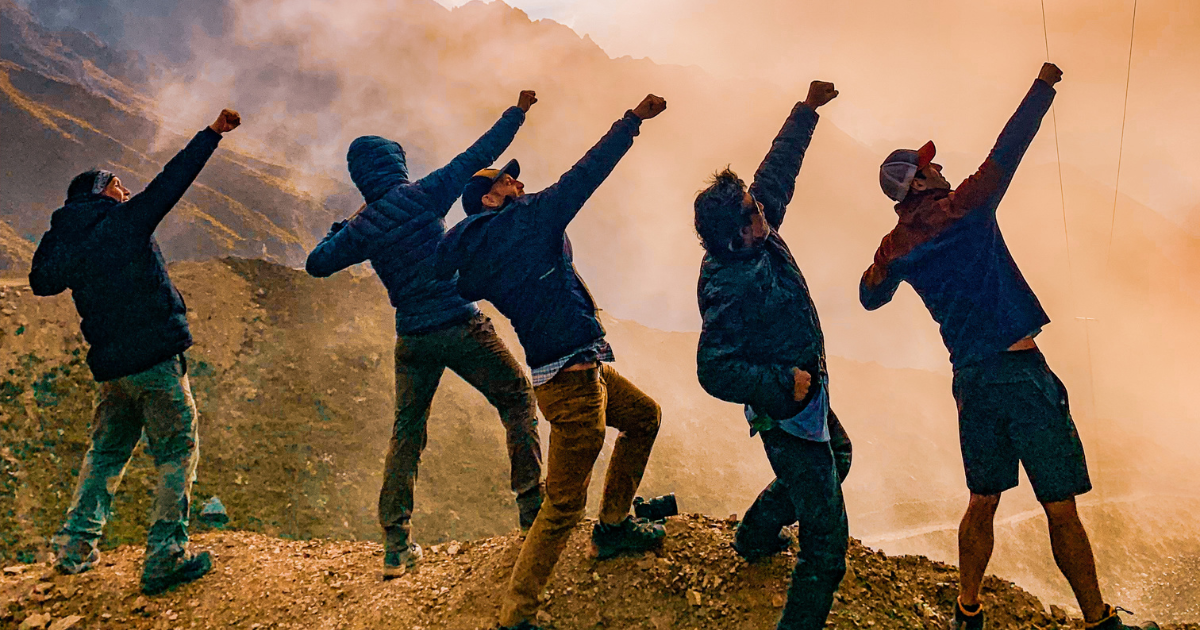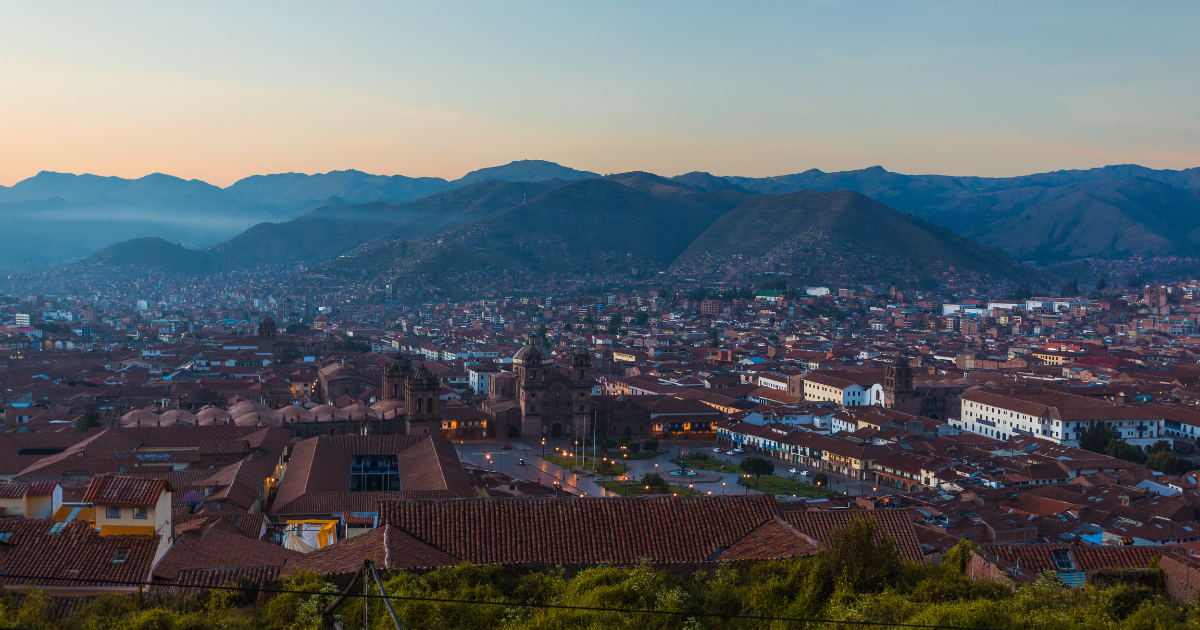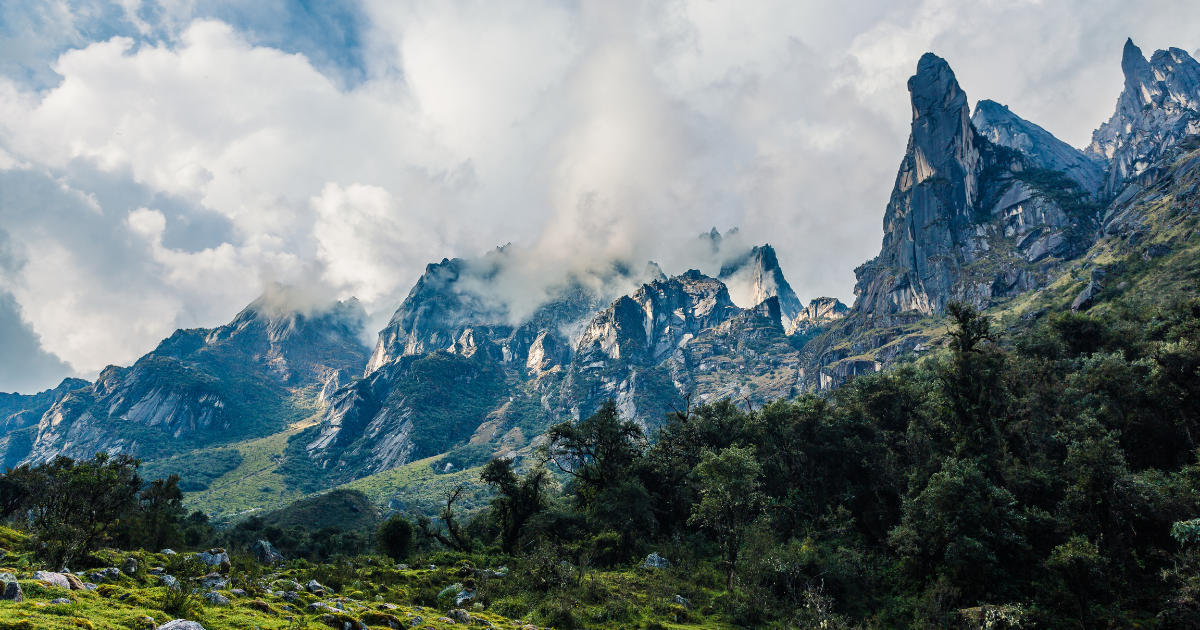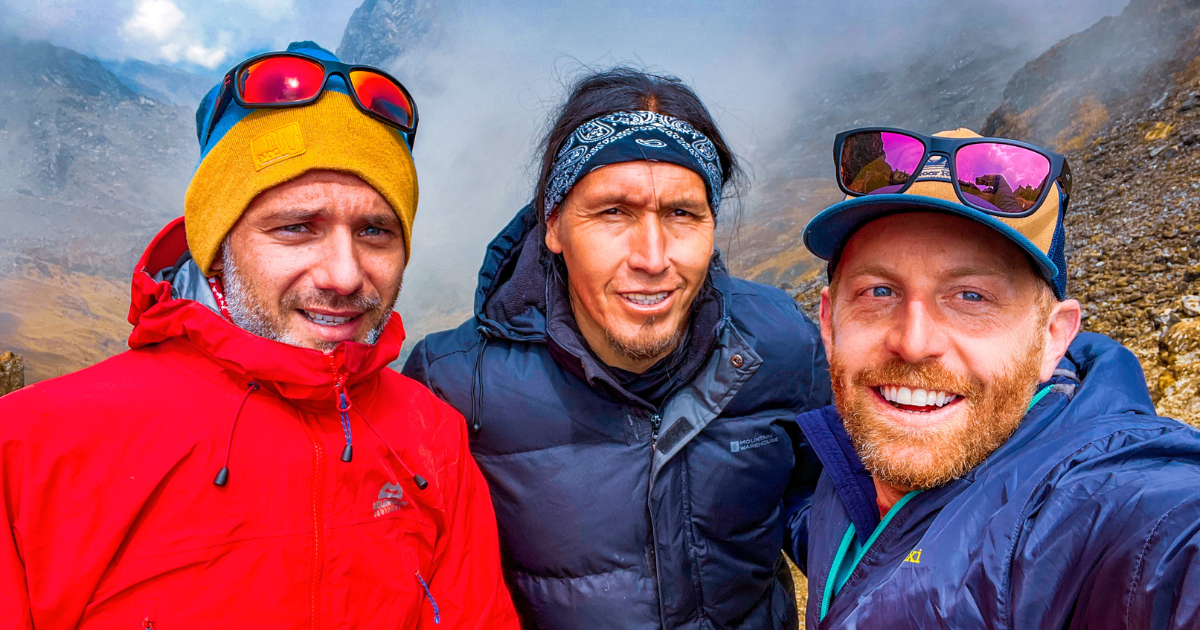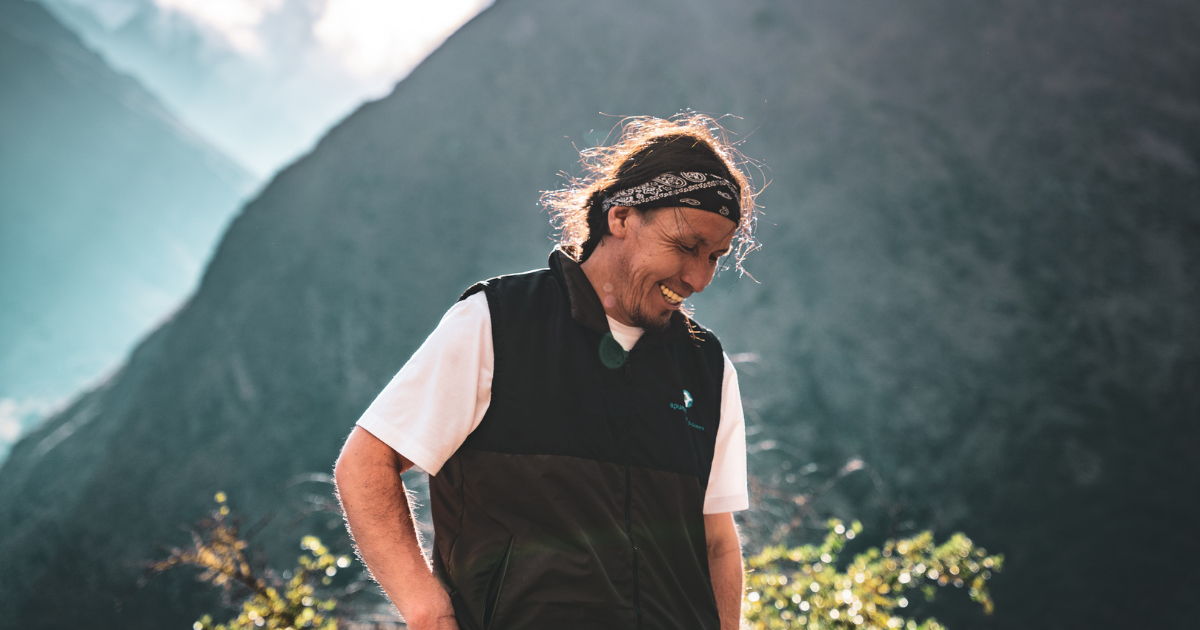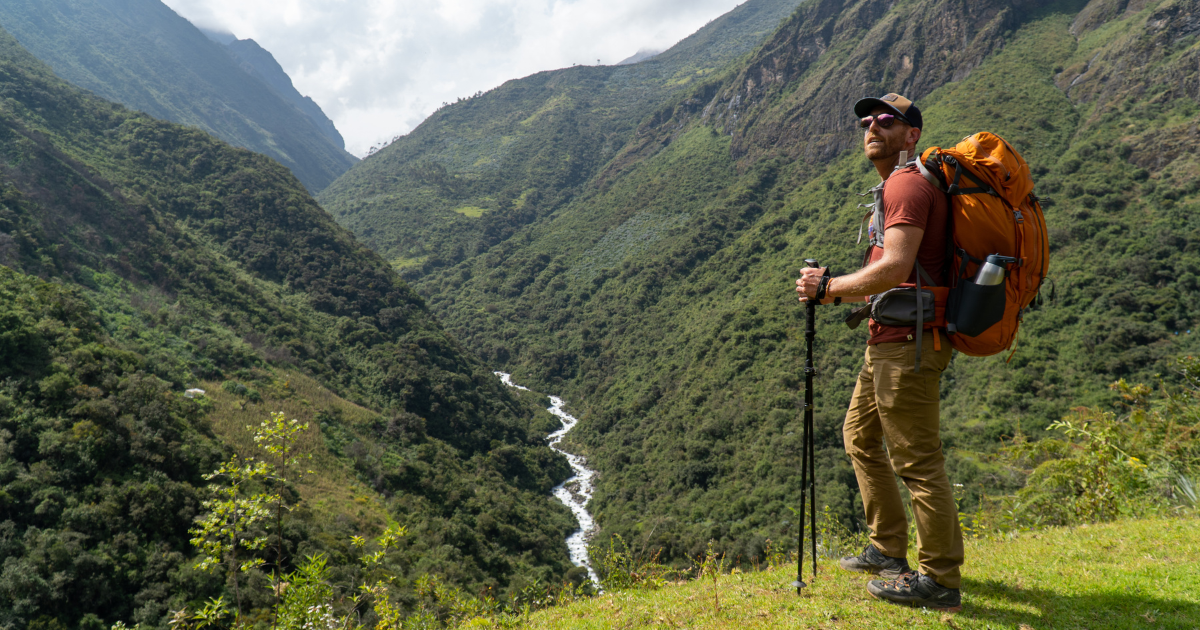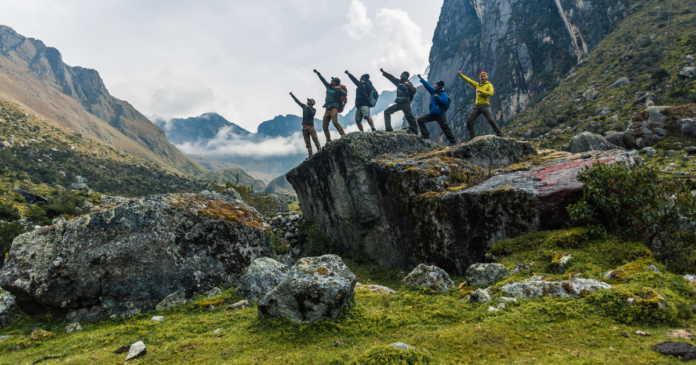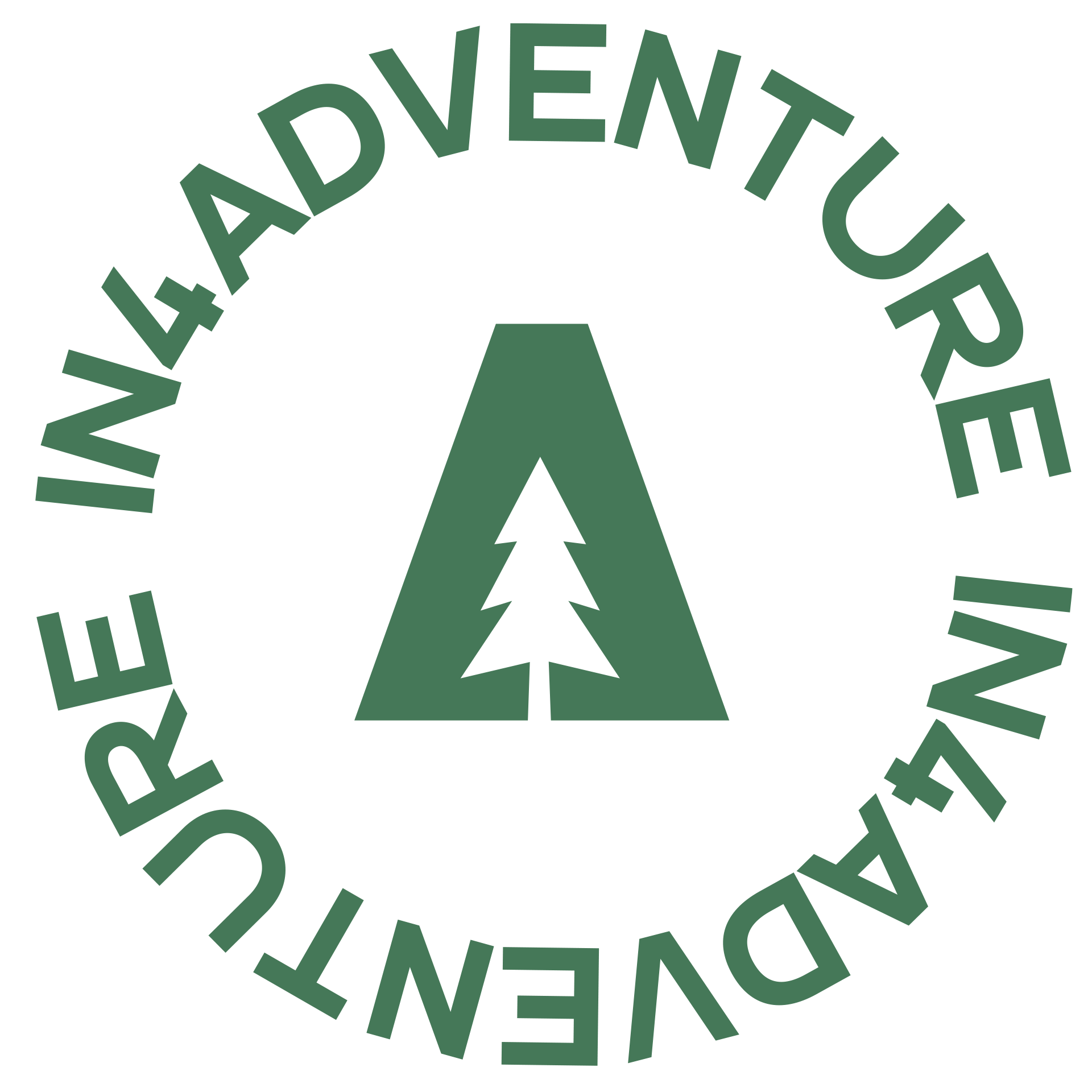Anyone who has considered a Peruvian adventure will be familiar with the city of Cusco. This was the former centre of the Incan Empire. This is also the starting point to so many tours to Machu Picchu. Cusco is the name of a sprawling Andean region full of snowy peaks, extensive rivers, canyons and varied ecological zones.
Inca Trail After a Long Wait
On a mission to seek adventures less traveled, the Epic Trails team began a month-long Peruvian adventure. A weeklong mission exploring the central area of the Cusco Region. This trip was three years in the making, as our tickets were originally for early April 2020. Borders began to close at the beginning of the pandemic. It had been a long wait, and we were ready.
Lesser Known Portion of the Inca Trail
We enjoyed lunch at Calle del Medio, with guides Porfirio and Alberto of Apumayo Expediciones. The Epic Trails crew quickly learned we were in great hands as we ran through our plans for the week. The goal was to follow the route of the escaping Incans. The Spaniards had taken Cusco and the Incas fled. This is a unique and lesser known portion of the Inca Trail.
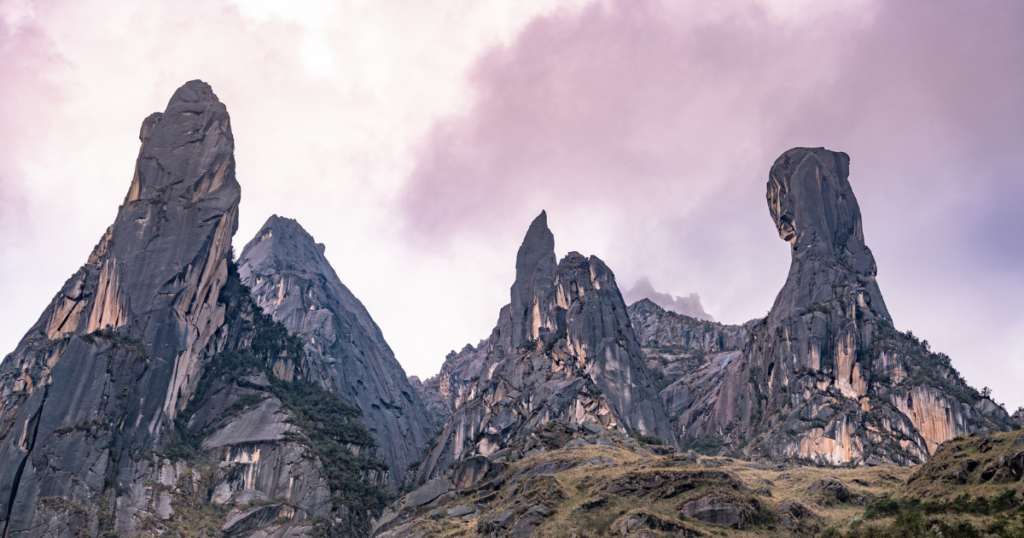
Peru rafting adventure
Exploring the main square and heart of Cusco right out the door of our accommodations at Hotel Andina was motivating. We ventured North by van along mountain roads flanking ravines carved by glacier-fed rivers. Happy to explore the rivers up close, we met with Pepe Lopez, owner of Apumayo Expediciones.
Rafting the Uramba River
We went on a rafting adventure on the Urbamba River. The put in was just below the town of Ollantaytambo and paddled some adrenaline pumping Class III+ rapids. We were able to see Incan ruins along the banks right from our raft. This was a very cool perspective that not all get to experience. We ended our day at El Mangal Lodge, a remote hostel, restaurant and agrotourism (cocoa plantation) getaway all in one. There we got to participate in all phases of cocoa production. We rested before the multi-day hike.
A broken-down truck caused a delay. We enjoyed the views of peaks and passes covered in stunning lupin flowers. We watched dusk slip away as we were welcomed to the trailhead by a local family with a cuy (guinnea pig) dinner.
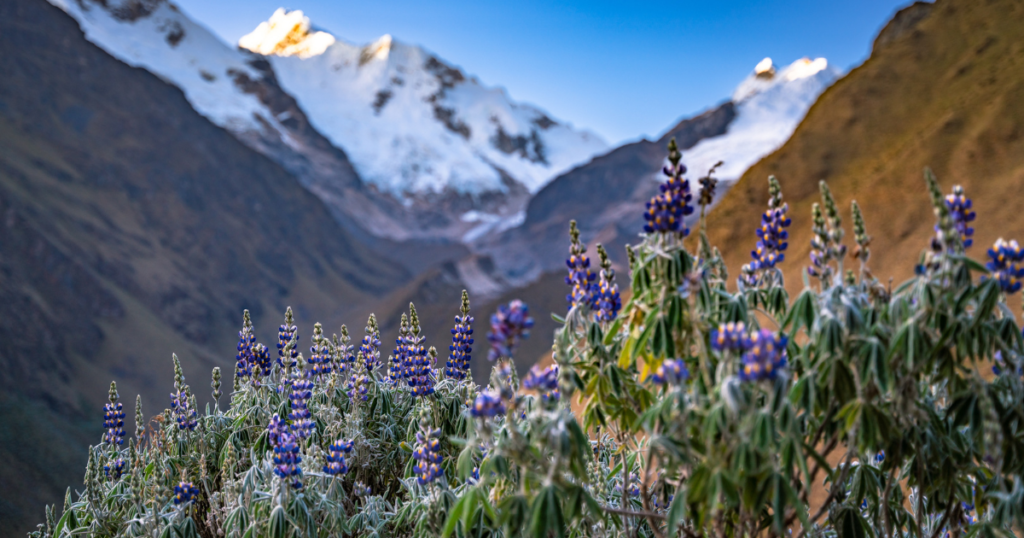
Support for hiking Inca Trail in Peru Mountains
Embarking on the hike, it was clear from the numbers of porters and pack animals that we were going to be well supported. After a scenic river crossing, the uphill began. As we pushed our trekking limits, the team of porters, cooks and arrieros (horse and donkey masters or muleteers) always amazed us. They hastily sped ahead to set up elaborate meals. We thoroughly enjoyed the catered break after a tiring day of hiking the elevated areas in the region. The Apumayo team spared no expense or effort.
“With three, four, and five course meals prepared regularly, it felt like I was on a luxury cruise liner hiking through the mountains…” – Eric Hanson
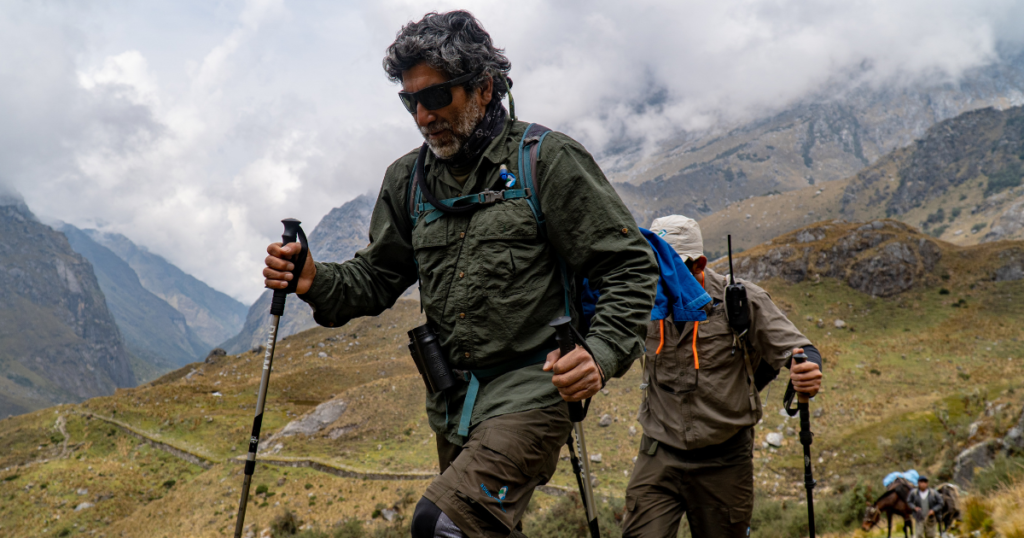
High altitude pass on the Inca Trail
The next day was the biggest day for high altitude. We were crossing a mountain pass to get to another valley. Along this pristine section of the Inca Trail we did not see masses of tourists. A shepherd greeted us on our way up to a 15,000 ft pass in the mountains. It was at this pass that our guide Porfilio sang a song to honour his father and family. The last time Porfilio had walked that trail was with his brother 20 years ago.
Descent down the Inca Trail
On our descent, there were signs of local inhabitants as we crossed farmers fields where the Inca trail disappeared under the thick soil and grass. This is where we spent the night.
After wrapping up camp we started on our way again, crossing fields and pig farms, encountering a local farmer. He was wielding an old tool for turning soil. Porfilio, a former farmer, enthusiastically encouraged me to try the tool. This made me appreciate my trips to the supermarket all the more.
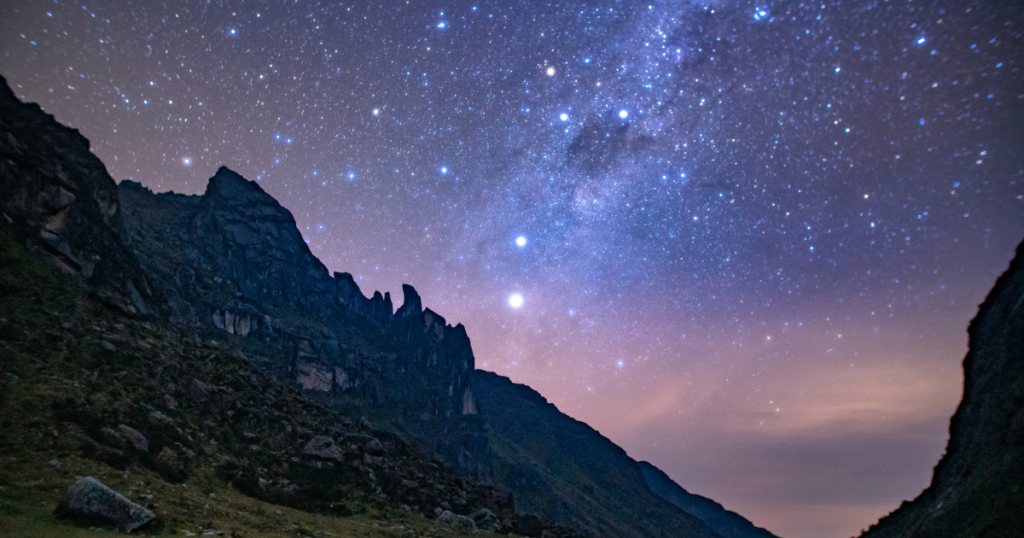
We encountered archeological sites, former trade route meeting places, some designed to honor Mother Earth. I learned about and admired the precise Incan stonework. We came to the end of our trek and the last stand of the Inca empire. This was the stunning ruins of Vitcos.
The Cusco Region is beautiful
The Cusco Region’s beautiful landscapes, mountains, ravines and sacred sites have been welcoming travelers for decades. The terrain seemingly untouched and local experience was so authentic, if felt as if we had discovered it all over again. If you are looking for adventure on the Inca Trail, consider the Cusco Region of Peru.
